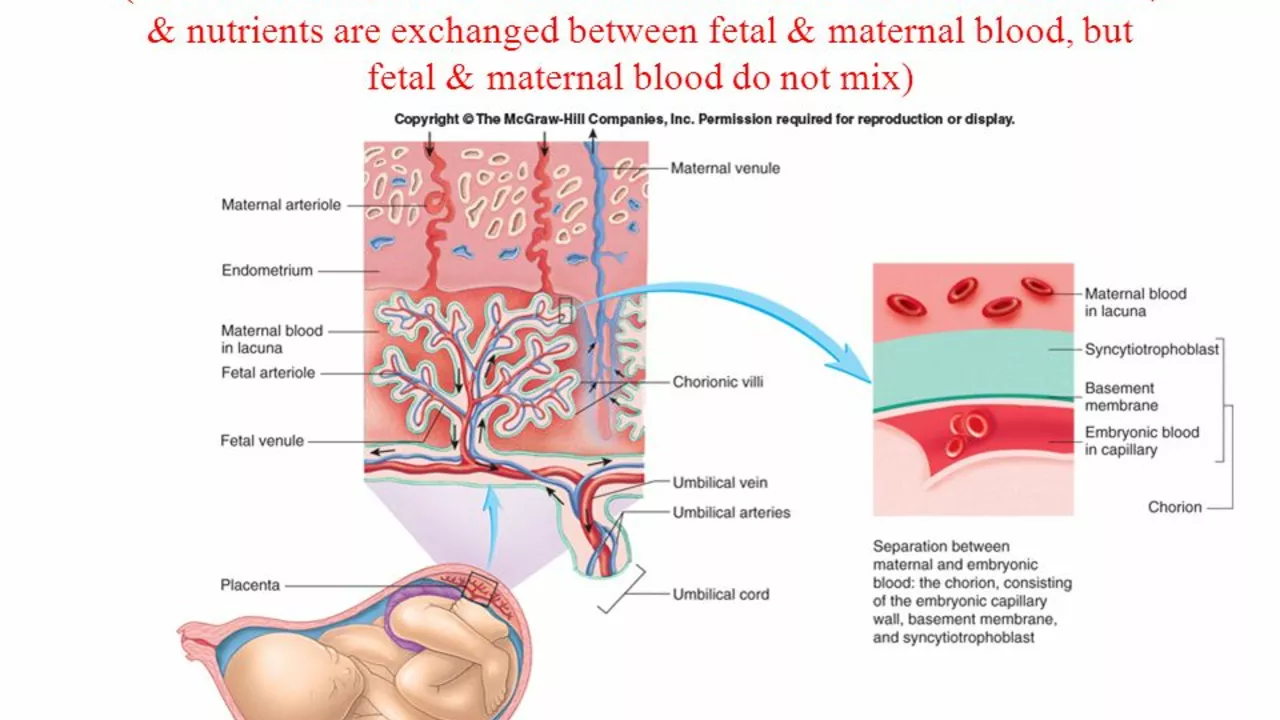Vomiting: What’s Really Going On and How to Feel Better Fast
Vomiting is your body’s way of getting rid of something it thinks is harmful. It can come on suddenly from food poisoning or motion, build slowly with pregnancy, or happen as a side effect of medicines. You don’t always need a doctor, but knowing what to try first and when to get help makes a big difference.
Common causes and quick clues
Spotting the cause helps you choose the right fix. Viral gastroenteritis (stomach flu) usually brings watery diarrhea, cramps, and a low fever. Food poisoning hits fast—intense nausea, vomiting, and sometimes fever after eating. Pregnancy often causes morning nausea that can last for weeks. Medications like antibiotics, pain relievers, or some antidepressants can trigger nausea. Motion sickness, migraines, and blocked bowels are other common reasons.
If vomiting comes with severe belly pain, high fever, blood in vomit, or stops you from keeping any fluids down, treat it as urgent. In babies and older adults, even shorter problems can be dangerous because of fast dehydration.
Practical home steps that really help
1) Start with small sips. Take teaspoon-size sips of water or oral rehydration solution every few minutes. If you can keep that down for an hour, increase to larger sips. Big gulps often trigger more vomiting.
2) Rest and avoid strong smells. Sit up or lie with your head elevated. Strong food or perfume smells can worsen nausea.
3) Try bland foods once you tolerate fluids. BRAT foods—bananas, rice, applesauce, toast—are gentle and easy on the stomach. Avoid fatty, spicy, or dairy-heavy foods until you’re improving.
4) Use simple remedies that work for many people. Ginger (tea, candied pieces, or ginger ale with real ginger) eases nausea for many. Peppermint tea or sucking a peppermint candy can help motion-related nausea. For motion sickness, over-the-counter options like dimenhydrinate or meclizine can be useful—check interactions with your meds and ask a pharmacist if you’re unsure.
5) Watch for dehydration signs: very dry mouth, little or no urine for 8 hours, lightheadedness, or extreme weakness. If these appear, seek medical care right away.
When medicines are the cause, don’t stop prescribed drugs without talking to your doctor. Some drugs have safer alternatives or dosing changes that reduce nausea.
Persistent vomiting that lasts more than 24 hours in adults, severe abdominal pain, blood in vomit, signs of shock (pale, sweaty, confused), or in infants and elders—call your doctor or go to urgent care. Quick treatment prevents complications like dehydration and electrolyte problems.
On this tag page you’ll find related articles on medication safety, antiemetic options, and when online pharmacies are reliable—useful if a drug you need causes vomiting or you need a safe refill. If you want, I can point you to specific posts about drug side effects, safe online buying, or remedies for pregnancy-related nausea.

